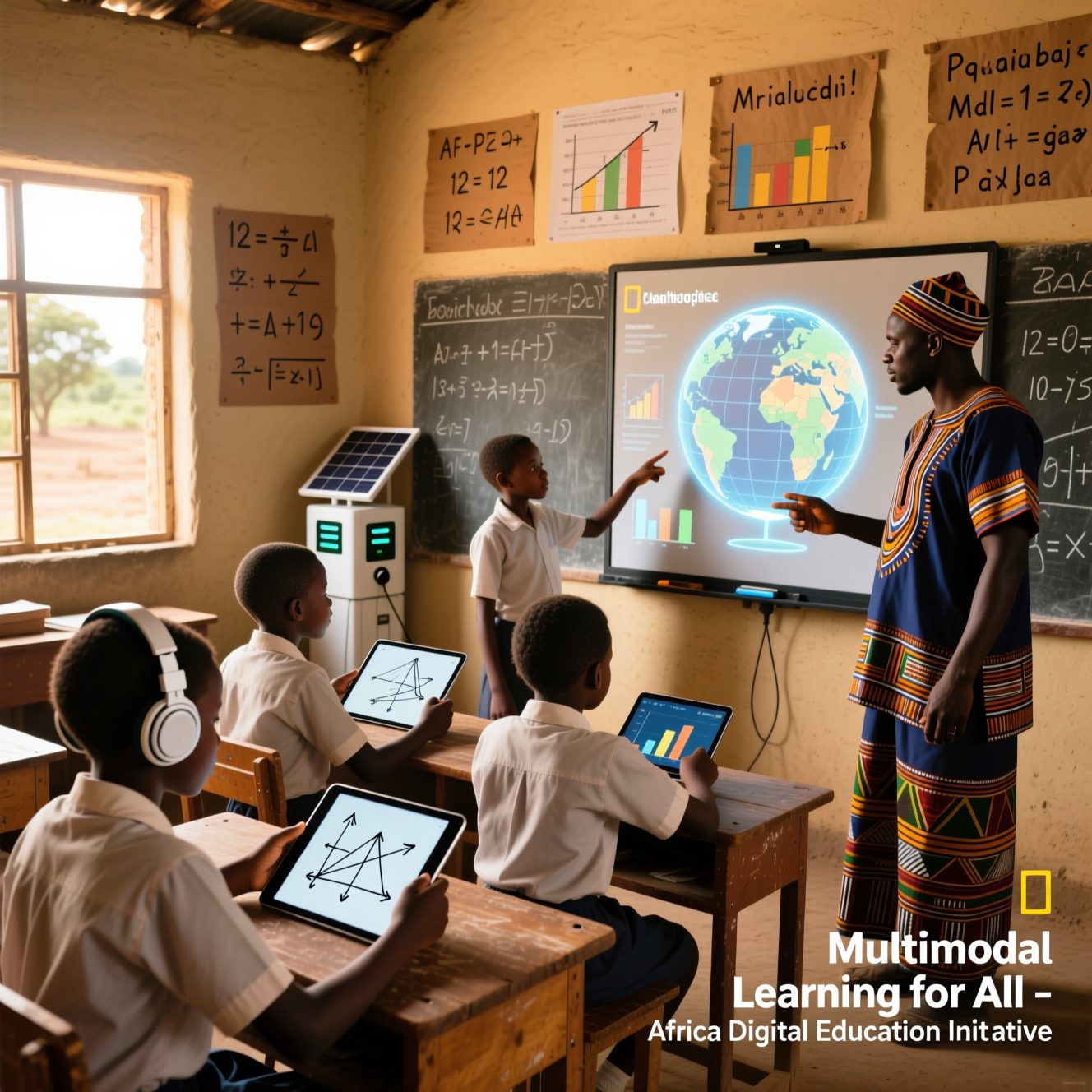Academic Literacy Overview
Identity Formation

Acknowledge and validate students' identities and backgrounds to create a supportive learning environment that fosters confidence and engagement in academic literacy tasks. When students see themselves reflected in the curriculum, they become active participants in their learning journey.
Cultural Relevance

Recognize and incorporate diverse cultural perspectives in teaching materials and assessments to make learning more inclusive and meaningful for all students. This approach transforms curriculum from a universal standard to a culturally responsive dialogue.
Epistemological Awareness

Encourage students to critically examine different epistemological perspectives and approaches to knowledge construction, helping them develop a deeper understanding of how knowledge is created and valued. This cultivates intellectual flexibility essential for academic success.
Ontological Reflection

Promote opportunities for students to reflect on their ontological beliefs and how these beliefs shape their understanding of reality and existence, which can enhance their critical thinking skills and ability to navigate complex academic texts. This deep reflection builds metacognitive awareness.
Differentiated Instruction

Recognize that students may have varying levels of academic literacy skills, identities, and cultural backgrounds. Implement differentiated teaching strategies and assessments to meet the diverse needs of all learners effectively. True inclusion requires adaptive pedagogy that responds to individual needs.
Embracing Holistic Academic Literacy
By taking into account these implications in teaching and assessing academic literacy, educators can create a more inclusive, engaging, and effective learning environment that supports students in developing their literacy skills while honoring their diverse identities, cultures, and ways of knowing. This approach transforms academic literacy from a standardized skill set into a dynamic, culturally situated practice that empowers all learners to thrive.